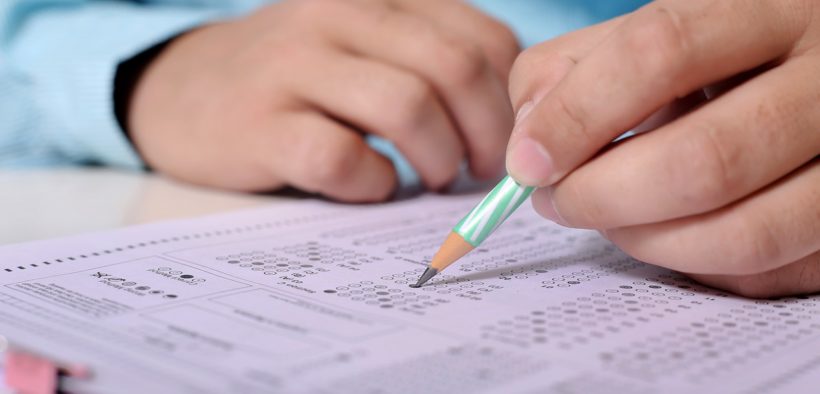Tips for Exams!
Share

Give yourself enough time to study
Don’t leave it until the last minute. While some students do seem to thrive on last-minute cramming, it’s widely accepted that (for most of us) this is not the best way to approach an exam. To help sort out your time management, set up a timetable for your study. Write down how many exams you have and the days on which you have to sit them. Then organize your study accordingly. You may want to give some exams more study time than others, so find a balance that you feel comfortable with.
Organise your study space
Try and get rid of all distractions, and make sure you feel as comfortable and able to focus as possible. For some people, this may mean almost complete silence, for others, background music helps. Some of us need everything completely tidy and organized in order to concentrate, while others thrive in a more cluttered environment. Think about what works for you, and take the time to get it right. Make sure you get this done. It actually sets the study mode of your preparation. A turning you on guide.
Use flow charts & diagrams
Visual aids can be really helpful when revising. At the start of a topic, challenge yourself to write down everything you already know about a topic – and then highlight where the gaps lie. Closer to the exam, condense your revision notes into one-page diagrams. Getting your ideas down in this brief format can then help you to quickly recall everything you need to know during the exam.
Practice on old exams
One of the most effective ways to prepare for exams is to practice taking past versions. This helps you get used to the format of the questions, and – if you time yourself – can also be good practice for making sure you spend the right amount of time on each section.
Explain your answers to others
Parents and little brothers and sisters don’t have to be annoying around exam time. Use them to your advantage. Explain an answer to a question to them. That will help you to get it clear in your head, and also to highlight any areas where you need more work.
Organise study groups with friends
Get together with friends for a study session. You may have questions that they have the answers to and vice versa. As long as you make sure you stay focused on the topic for an agreed amount of time, this can be one of the most effective ways to challenge yourself.
Take regular breaks
Everyone’s different, so develop a study routine that works for you. If you study better in the morning, start early before taking a break at lunchtime. Or, if you’re more productive at nighttime, take a larger break earlier on so you’re ready to settle down come evening.
Try not to feel guilty about being out enjoying the sunshine instead of hunched over your textbooks. Remember Vitamin D is important for a healthy brain.
Plan your exam day
Make sure you get everything ready well in advance of the exam – don’t leave it to the day before to suddenly realize you don’t know the way, or what you’re supposed to bring. Check all the rules and requirements, and plan your route and journey time. If possible, do a test run of the trip. If not, write down clear directions.
Drink plenty of water
As a final tip, remember that being well hydrated is essential for your brain to work at its best. Make sure you keep drinking plenty of water throughout your revision, and also on the exam day.
Good luck!






